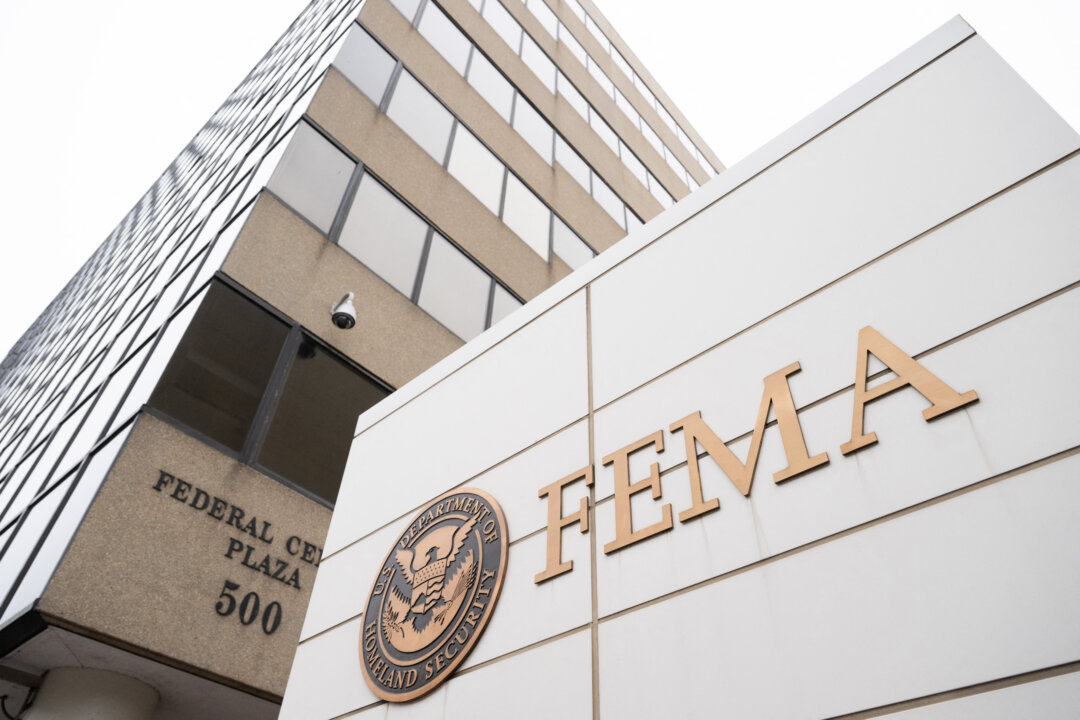Gov. Josh Shapiro’s budget proposal to tax skill game revenue at 52% will fall well short of his estimated $8 billion projection over five years. How far short? To answer that question, one needs to look no further than Pennsylvania’s experience with tavern games.
Tavern games, which are games of chance that include pull-tabs, daily drawings and raffles, were legalized 12 years ago and were projected to generate $93 million a year for the state general fund. Instead, they generate only about $1 million annually for the commonwealth. If you have never heard of tavern games in Pennsylvania or wonder why the actual tax revenue collected has fallen so far short of projections, it is because the games are taxed at a rate of 60% .

At that high tax rate, tavern owners have better ways to turn a profit. The result: fewer games than originally estimated in the state and tax revenues that are about 1% of what was projected. Along with a disappointment to the state, this poor financial showing has been frustrating for the places that have tavern games.
When the idea was first introduced, they had hoped tavern games would give them a boost in revenue. Something many of them need. Skill games are the game terminals you see in restaurants, bars and places such as VFWs and volunteer fire companies.
Courts have determined that the legal skill games are games of skill, not chance. They are not like the slot machines you find in casinos where each time you play it is pure luck whether you win or not. Patience, hand and eye coordination and skill determine a player’s outcome.
Under the governor’s plan, skill game tax revenue will suffer the same fate as tavern games. As an economist who has studied this issue, I estimate that with his cap on the number of terminals along with his high tax rates, the five-year tax revenue projection is not $8 billion but only about $300 million annually — roughly 20% of what Gov. Shapiro projects.
Of course, the experience with tavern games suggests that the shortfall will be even worse. Many establishments across the state that have the games could turn them off en masse because they can’t afford the tax rate. This not only impacts the revenue the state wants to add to its coffers but will harm local economies.
Some businesses and clubs count on skill games’ supplemental revenue to survive. They use the revenue to pay bills, make needed improvements to their locations, provide health benefits to their employees and, sometimes, simply to keep their doors open. If the tax is too high, businesses may also decide to replace their legal skill games with illegal machines which generate no tax revenue for the state and exacerbate the growing issue of illegal gambling halls and mini casinos.
Fortunately, skill game tax revenue does not have to go the way of tavern games. In Minnesota, tavern games are far more successful at generating state tax revenue than they are in Pennsylvania. Minnesota’s tax on tavern games ranges from 8% to 33% depending on the amount of money wagered.
With an average tax rate in Minnesota that is about half the tax rate in Pennsylvania, Minnesota generates just over $200 million in taxes, licenses and regulatory fees. In other words, with a tax rate that is half of Pennsylvania’s, Minnesota generates 200 times more revenue for the state via tavern games than our state does. What makes this even more telling is that Pennsylvania has a population that is 2.
3 times larger than Minnesota, so a far greater potential audience to play tavern games. The great philosopher Yogi Berra said — Making predictions is hard, especially about the future. But here’s a prediction that has always been true: High tax rates reduce total tax revenue, and burdensome tax rates can kill an industry.
It is commendable that Gov. Shapiro wants to regulate the skill game industry, but let’s have a sensible tax rate that can generate meaningful revenue for the state. This is a contributed opinion column.
Peter Zaleski is an economics professor at Villanova University and lead consultant at the Philadelphia-area analytics firm Meadows Metrics. He is a consultant to Pace-O-Matic. The views expressed in this piece are those of its individual author, and should not be interpreted as reflecting the views of this publication.
Do you have a perspective to share? Learn more about how we handle guest opinion submissions at themorningcall.com/opinions..
Politics

Opinion: Don’t let skill game tax revenue go the way of tavern games

Opinion: Under the governor’s plan, skill game tax revenue will suffer the same fate as tavern games.















